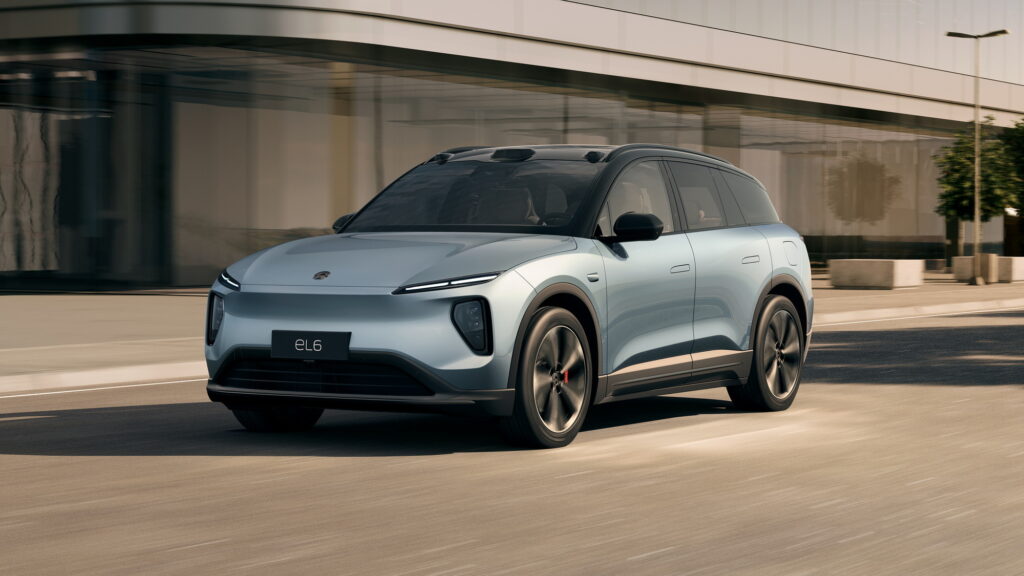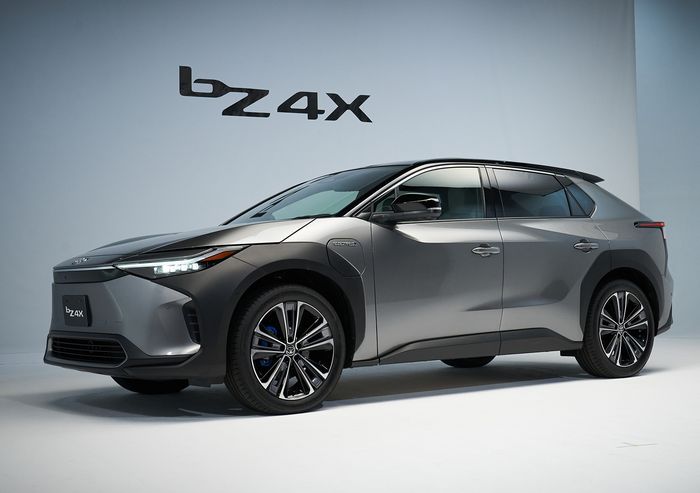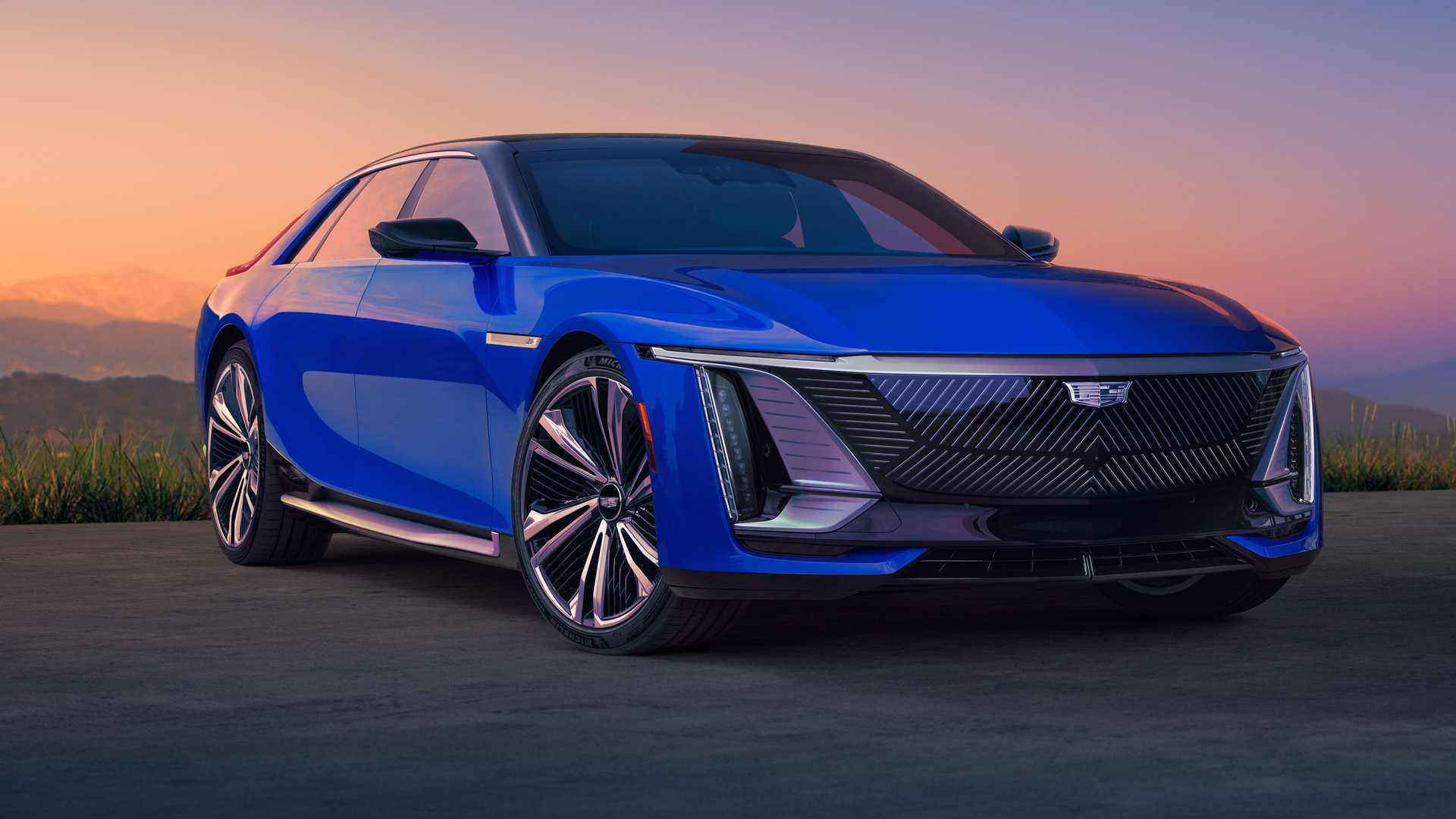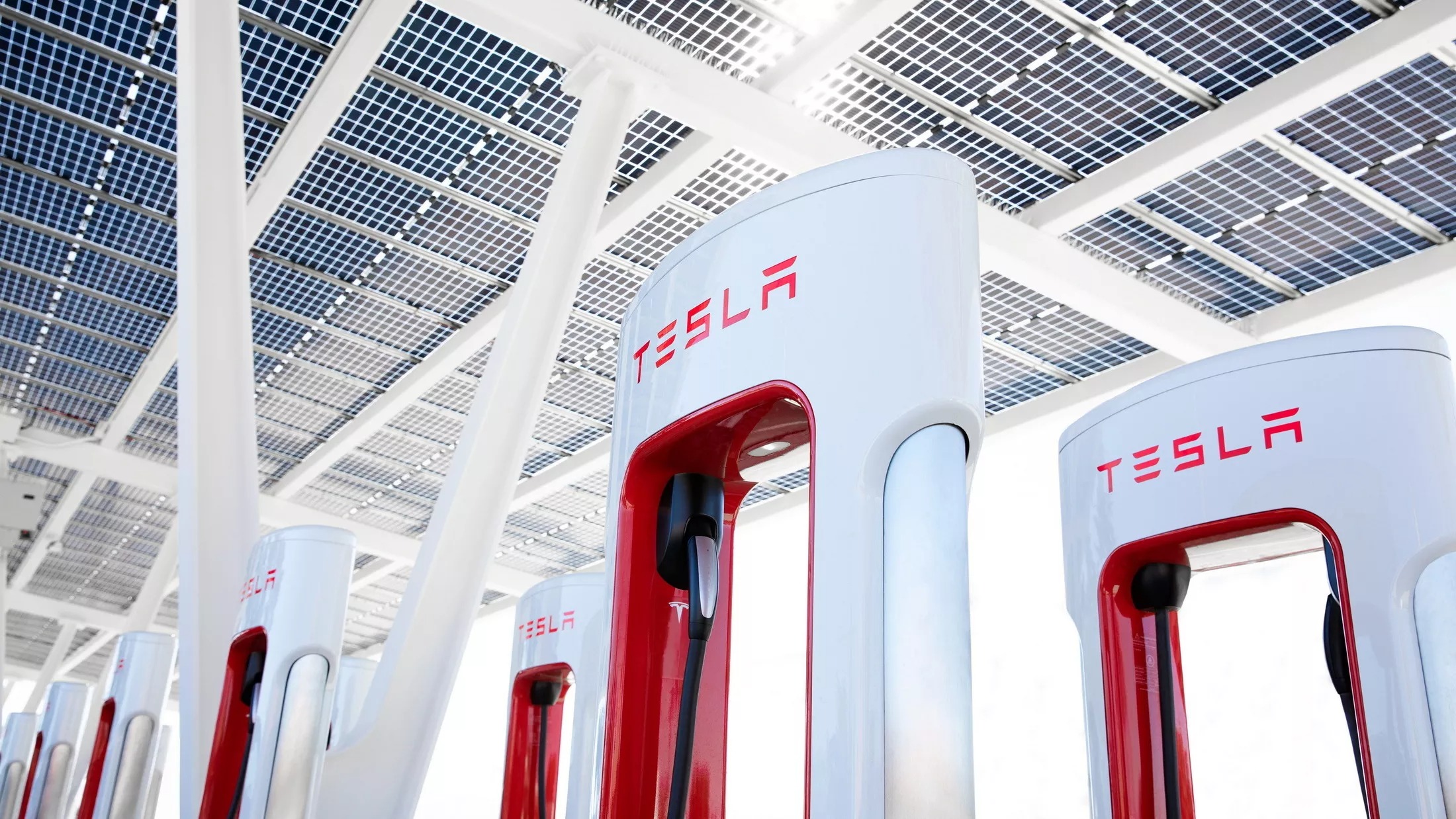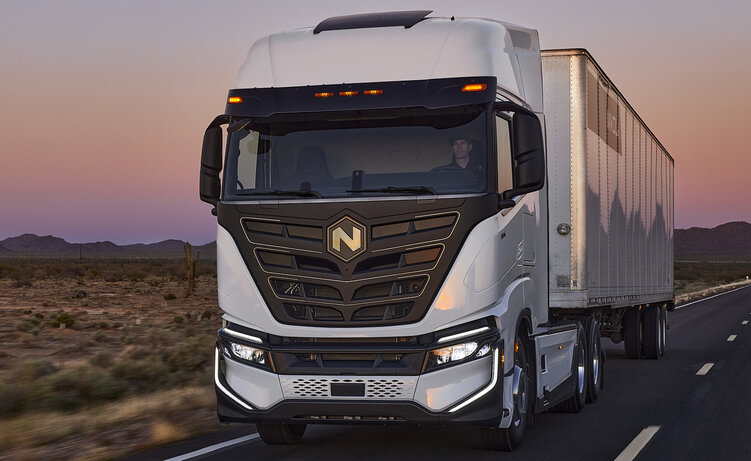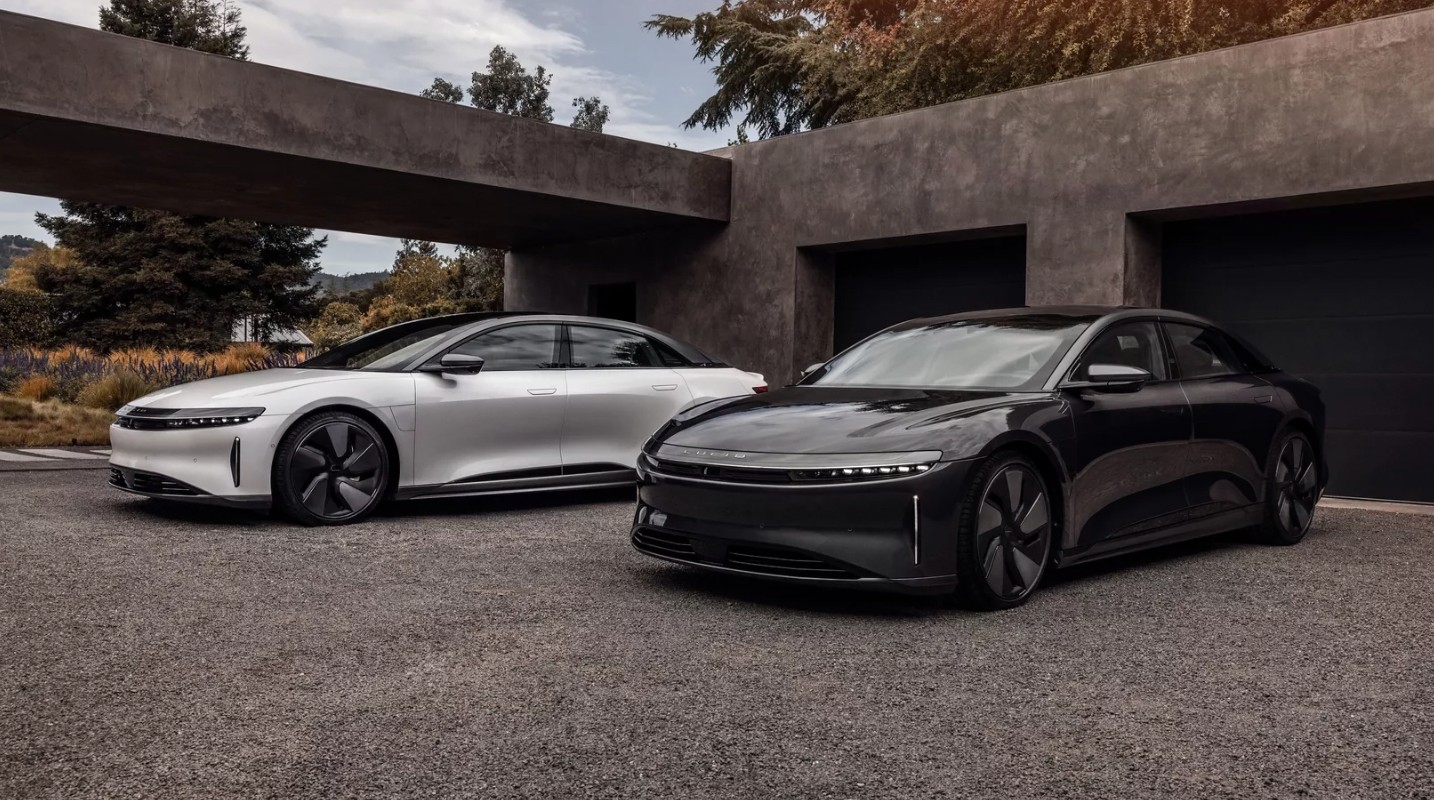In a recent development, China has decided to extend tax incentives for new energy vehicles (NEVs) for an additional four years. This move, according to Fitch Ratings, the international credit rating agency, is expected to invigorate the electrification momentum in the country.
Fitch’s analysts, led by Jing Yang, highlighted in a research note dated June 28 that the extension of tax breaks for electric vehicle (EV) purchases will likely facilitate a steady growth trajectory for the sector. Furthermore, the continued coverage of subsidies for plug-in hybrid electric vehicles (PHEVs) reinforces Fitch’s belief that these vehicles will play a vital role in China’s transition towards EVs.
The Ministry of Finance of China announced on June 21 that NEVs purchased between January 1, 2024, and December 31, 2025, will remain exempt from the vehicle purchase tax. However, the tax exemption will not exceed RMB 30,000 yuan ($4,340) per vehicle.
See also: China Unveils Policy to Extend Purchase Tax Exemption for New Energy Vehicles
For NEVs purchased between January 1, 2026, and December 31, 2027, the vehicle purchase tax will be levied at half the normal rate, with a tax reduction of no more than RMB 15,000 per vehicle.
Fitch stated, “We believe the renewal of tax waivers for consumers purchasing EVs until the end of 2025 aligns with market expectations. Purchase taxes will be halved in 2026-2027 and then return to normal levels.”
The research note further emphasized that the updated policy will drive the rapid growth of PHEVs, including extended-range electric vehicles (EREVs), which will receive the same tax exemption as battery electric vehicles (BEVs).
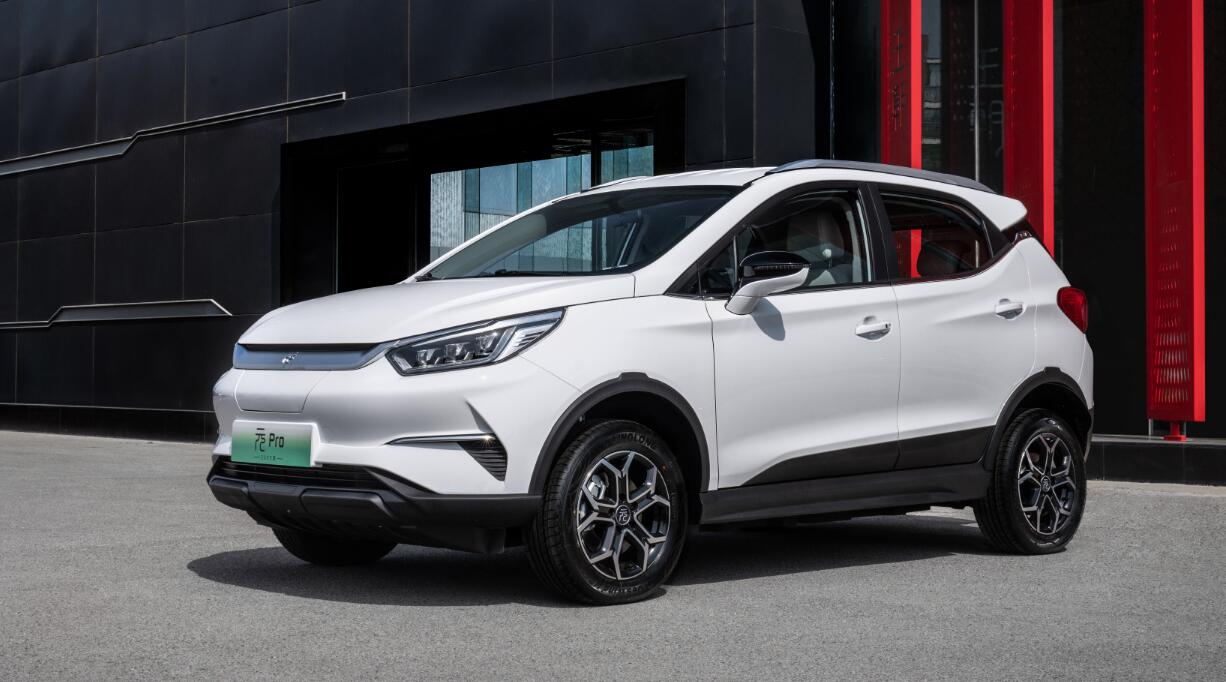
Fitch highlighted the significance of PHEVs as a transitional product for consumers, as they offer mileage assurance and overcome charging inconveniences often associated with BEVs. Consequently, PHEVs are expected to contribute significantly to China’s EV market. Fitch’s data indicated that the market share of PHEVs in China’s EV market surged from 17 percent in 2021 to 28 percent in January-May 2023.
The extension of tax breaks is anticipated to intensify competition in the PHEV segment, attracting more automakers to enter the market, as noted in the research note.
Fitch also observed that plug-in hybrids present a more accessible sub-segment for traditional automakers to compete in when compared to BEVs. Notably, Great Wall Motor, Geely, and Changan Automobile have all recently launched competitively priced plug-in hybrids this year.
While joint venture brands have a stronger presence in the market, their progress has been hindered by the focus of their global parent companies on BEVs and less appealing pricing, according to the note.
Importantly, tax breaks for high-end EVs will remain in place, addressing local automakers’ concerns regarding the transition to premium EV brands. Fitch believes that this move will incentivize traditional luxury car manufacturers to expedite their shift towards EVs.
The latest program also introduces an exemption from the battery tax for the first-time buyers of battery swap-enabled EVs. Fitch expects this provision to benefit EV brands that offer high-end BEVs with battery swap capability, further encouraging automakers to adopt this model.
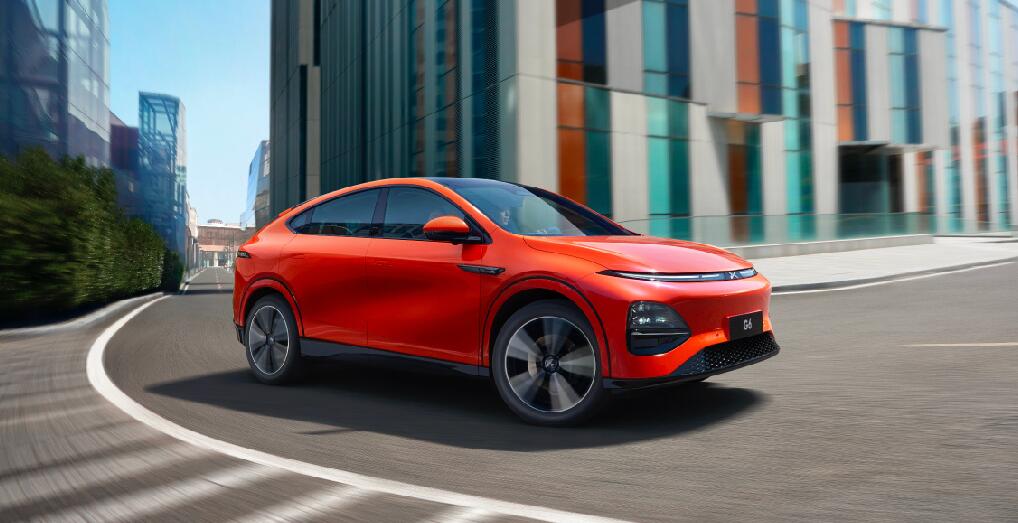
Despite the extension of subsidies, Fitch predicts that the impact on EV sales in China for the year 2023 will be minimal. The agency maintains its forecast of over 30 percent growth in EV deliveries and an EV market penetration rate of 35 percent.
However, the extension may lead to a reduction in front-loaded purchases in the fourth quarter of 2023. As consumers are no longer driven by the urgency to take advantage of expiring tax breaks, the market dynamics are likely to shift accordingly, Fitch cautioned.

